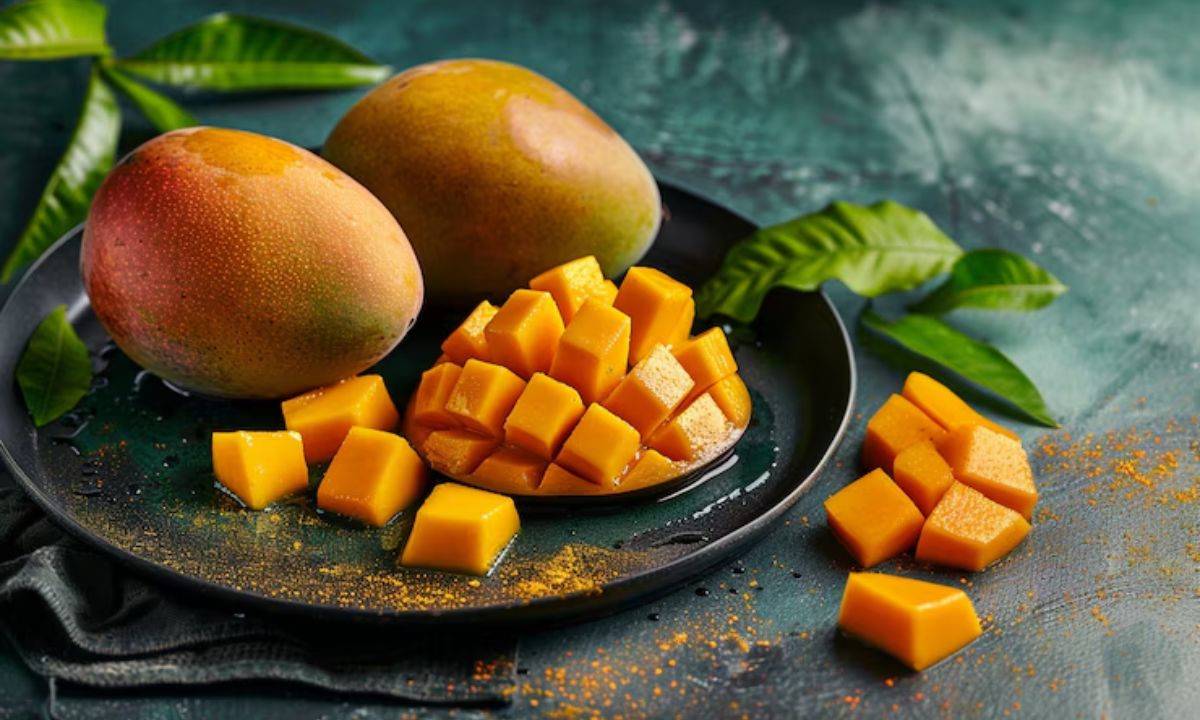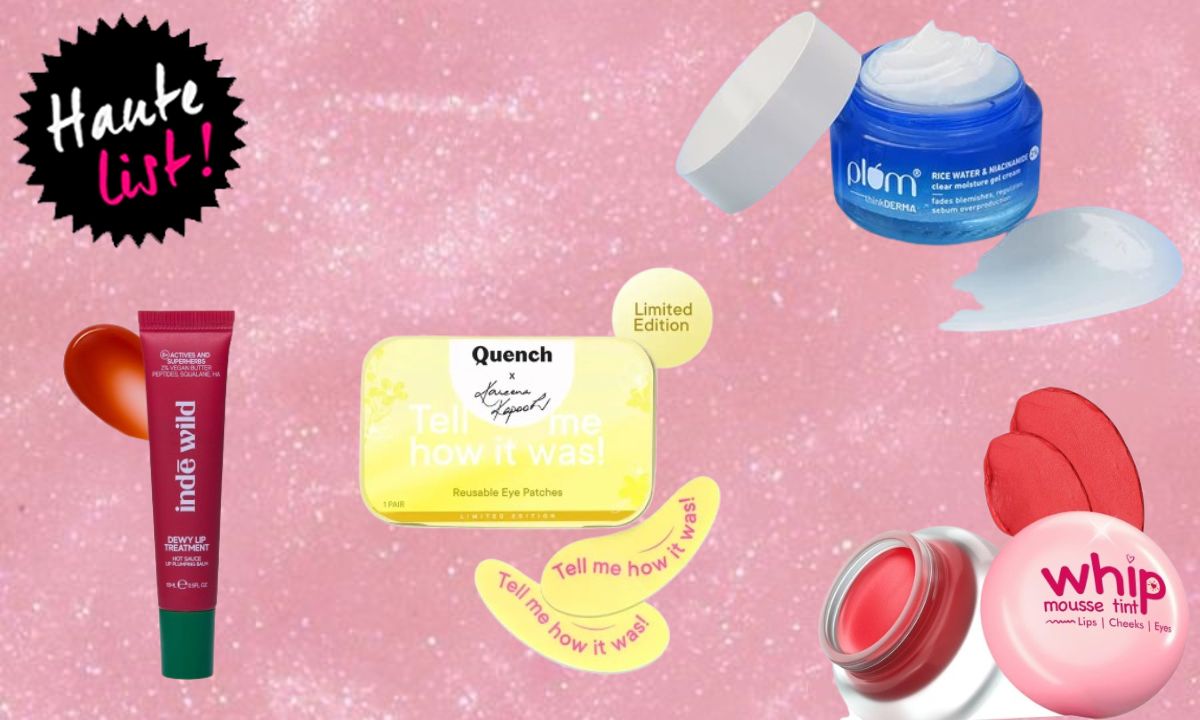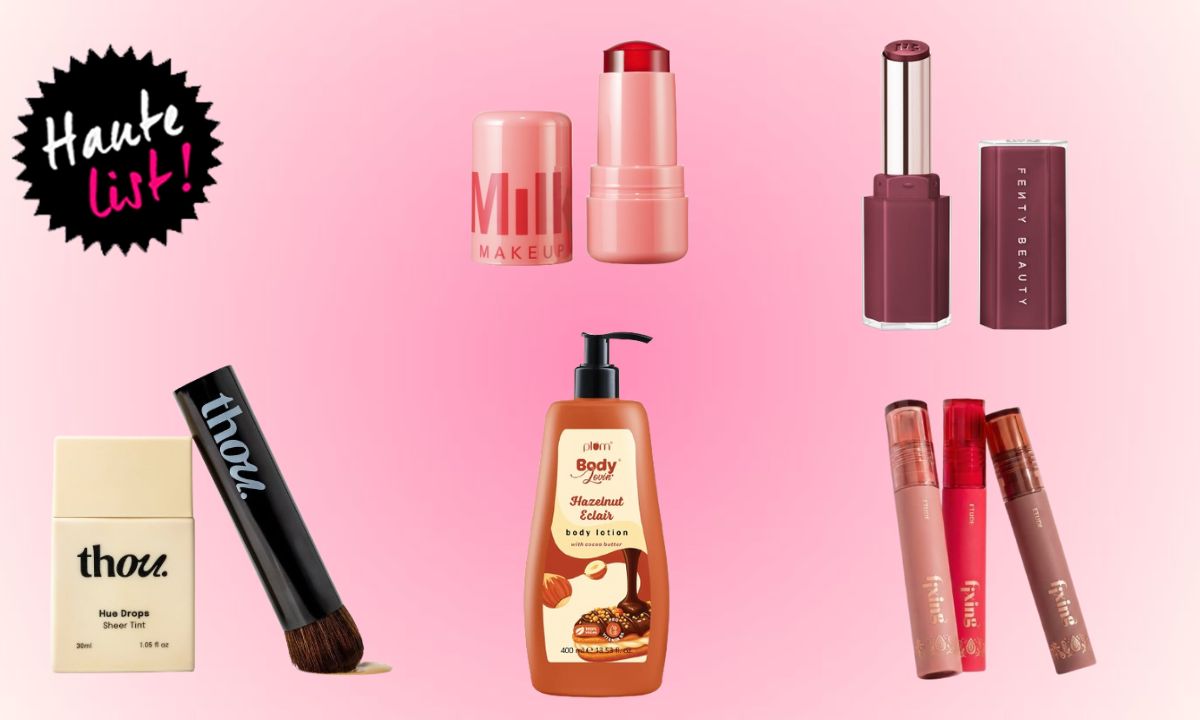Decoding The Connection Between Mangoes And Pimples
The most common reason for mango breakouts is its natural sweetness!

As the summer arrives and mangoes pour into the markets, most individuals start complaining of sudden breakouts and sore mouth ulcers. The general cause? Mangoes are “too hot” for the body. But what exactly does that imply? If it were purely a matter of heat, why is it that everybody does not react to it in the same way? The answer does not lie in loose notions of body temperature but in science. Here’s an in-depth exploration of the lesser-known reasons why mangoes may be ruining your skin. Krish Ashok, also known as Masala Lab on Instagram, broke down the science behind it in a few simple steps.
1) Blood Sugar Spikes and Sebum Overdrive
The most common reason for mango breakouts is its natural sweetness. One ripe mango is supposed to have approximately 35–40 grams of sugar. Two mangoes consumed at one sitting can put your body into a glycemic overload, shooting your insulin levels through the roof.
This insulin surge triggers the sebaceous glands in your skin to produce more sebum, the oily secretion that helps moisturise your skin. In summer, when sweat already clogs your pores, the added oil can lead to more acne, especially in people with sensitive or acne-prone skin. If your daily diet already includes high-glycemic foods like white rice, breads, or sweets, then adding mangoes may be tipping the scale.
2) A Disguised Allergic Reaction
Mangoes are members of the same botanical family as the plant poison ivy. A lesser well-known compound known as resorcinol is present in unripe mango white sap and the thin surface just below the skin. It is a natural defence, keeping animals, and human beings, too, away from premature eating.
When this sap touches the skin or lips, it can cause a condition called contact dermatitis. Though it appears to be a breakout, it’s actually an allergic reaction, ingestion of it can also cause ulcers. To prevent this, individuals with sensitive skin are recommended to peel mangoes thoroughly or to soak them in water for 20–30 minutes prior to consumption, which will wash away surface residues and weaken the strength of the sap.
3) Chemically Ripened Mangoes Can Harm
As a response to high demand, some retailers add calcium carbide, a chemical ripening agent, to hasten the process of making mangoes appear ripe. When this substance comes into contact with moisture, it produces acetylene gas, which could hasten ripening but can further irritate the soft tissues within your mouth. This usually causes ulcers and a burning throat and gums. Choosing naturally ripe mangoes may save you from such irritation.
View this post on Instagram
4) Combination of Nutrient Deficiency and Acidity
Mangoes have a ph of 4, which isn’t necessarily a bad thing, but the ingestion of large amounts, especially alone on an empty stomach or in conjunction with other acidic foods, has the potential to upset the digestive tract and mouth. This is even worse if you’re not otherwise in good micronutrient health, especially in terms of B vitamins or iron, both of which are important for the mucosal tissues staying healthy. If your diet is already suboptimal, mangoes may unwittingly cause oral sensitivity.
So, Is the Mango to Blame?
Not exactly. Mangoes are not bad for your skin or your health. It’s where you’re eating them, your diet as a whole, your skin sensitivity, and how the fruit is treated that makes the difference. So if you’re experiencing more breakouts this mango season, reduce your intake of processed carbs, go for naturally ripened fruits, peel extensively or soak the mangoes, and keep your nutrition in line. The actual offender may not be the mango, it may be how you’re consuming it.
Also Read: Is Your Pimple Leaving A Hole After You Pop It? Here’s How You Can Avoid It
First Published: May 15, 2025 1:21 PM















